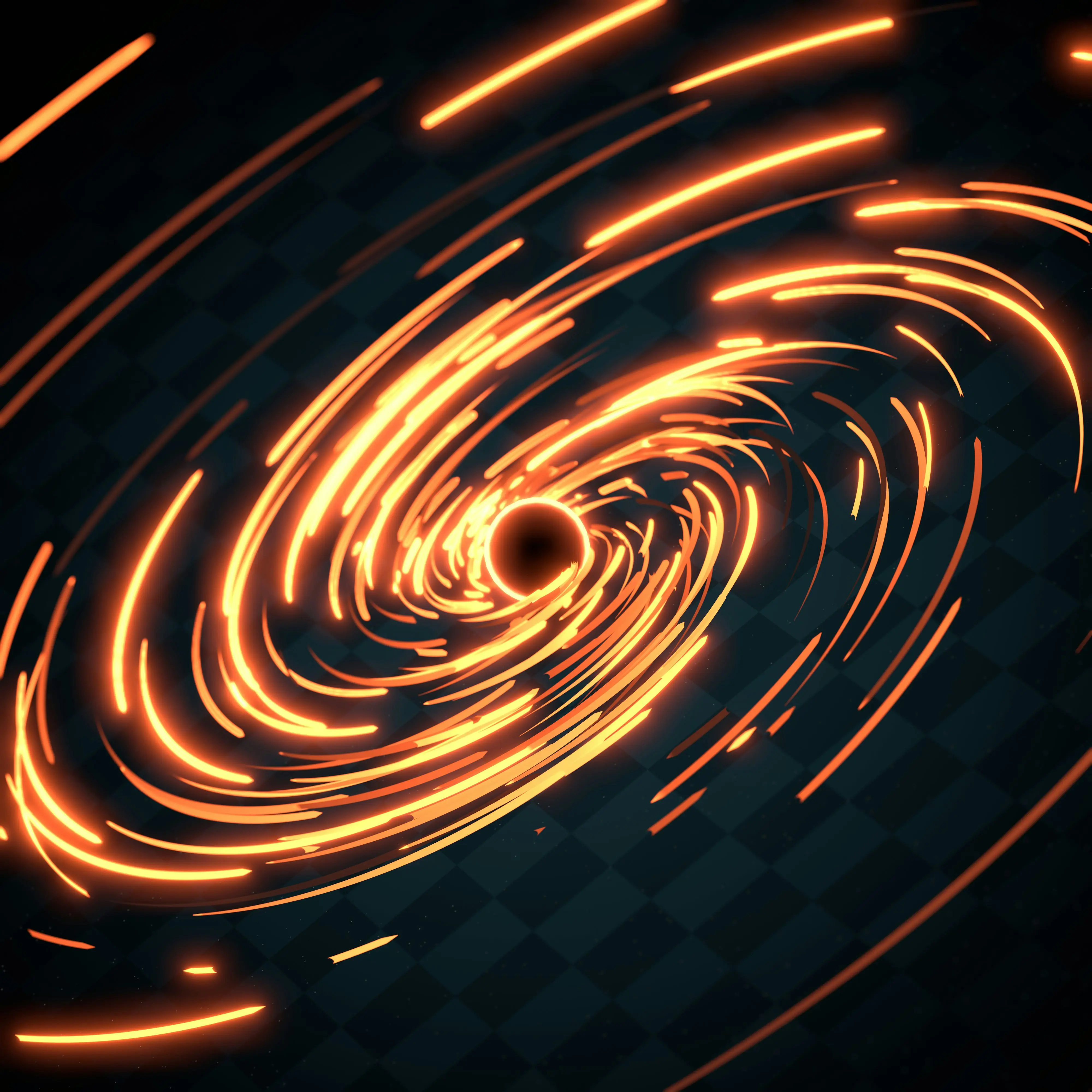Cosmic Symphony: The Rhythms Of Black Holes Unveiled

In a groundbreaking discovery, scientists have unveiled the mysterious vibrations of black holes, offering a fresh perspective on these enigmatic cosmic entities. This revelation, spearheaded by researchers at Kyoto University, is poised to transform our understanding of black holes and the dynamic cosmos that envelops us.
Black holes, often depicted as voracious cosmic beasts, are now found to exhibit more than just a gravitational pull. They pulsate and hum with a rhythm of their own, akin to a cosmic symphony. The study, published in the journal Astrophysical Phenomena, delves into the subtle oscillations of black holes that can offer clues about their mass, spin, and even the universe's expansion.
The research team utilized advanced telescopic technology and a novel data analysis method to capture and interpret these vibrations. "It's as if black holes have a heartbeat," explains Dr. Yuki Matsumoto, the study's lead author. "These vibrations are not just a scientific curiosity; they hold the key to unlocking hidden properties of black holes."
The concept of black hole vibrations is not entirely new, yet previous attempts to measure these elusive oscillations have been fraught with challenges. The team at Kyoto University overcame these hurdles by employing a state-of-the-art technique that filters out cosmic noise, allowing them to isolate the specific frequencies emitted by black holes.
These rhythmic patterns, known as quasi-normal modes, have long been theorized but seldom observed. "By 'listening' to these frequencies, we can infer a wealth of information about the black hole's characteristics," Dr. Matsumoto elaborates. The findings suggest that each black hole has a unique vibrational signature, providing a potential new method for classifying and studying them.
This discovery not only underscores the complexity of black holes but also highlights the intricate dance of celestial bodies within our universe. The implications extend beyond black hole physics, offering potential insights into the fundamental forces that govern cosmic evolution.
As the scientific community digests these findings, there's a palpable excitement about the doors this research could open. "We're just beginning to scratch the surface of what's possible," asserts Dr. Matsumoto. "The universe is vast, and black holes might just be the maestros of its grand symphony."